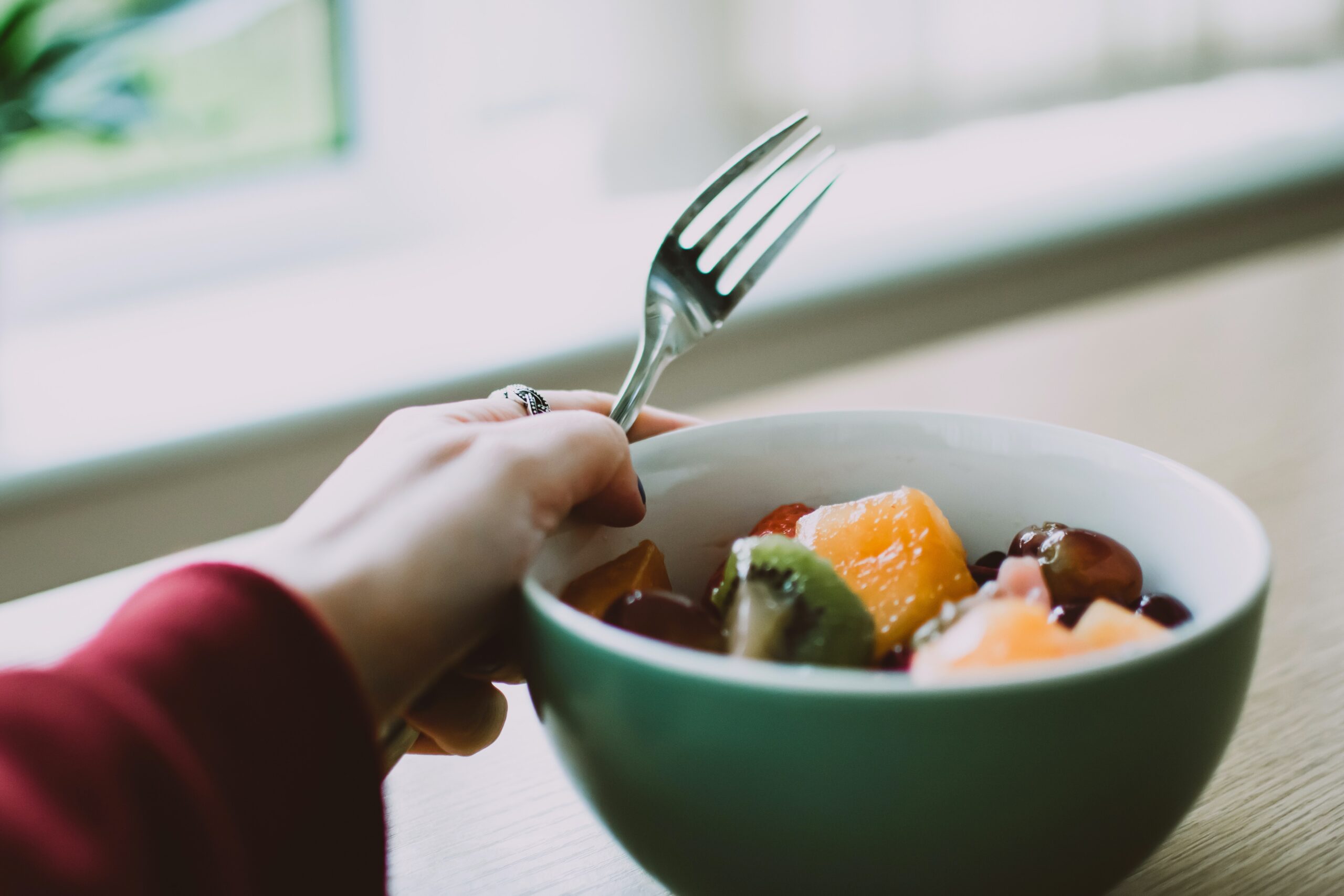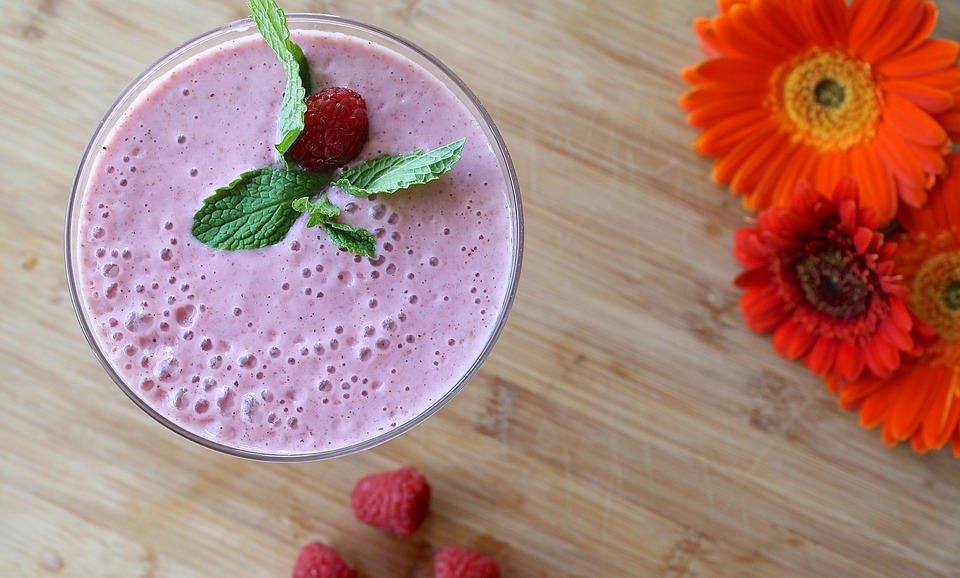For years now, I’ve been among the crowd of fitness professionals insisting your diet needs to be “sustainable.” But this is a bit of an oxymoron. Because we also say you shouldn’t diet all the time.
Which means that a diet itself — burning more calories than you take in — is inherently unsustainable. As are many of the strategies you might use to be successful with your diet:
- Meticulously planning your nutrition
- Occasionally bringing your own food to social situations
- Weighing your peanut butter on a food scale
- Being the ONLY one of your friends not ordering another drink
- Eating almost entirely homemade meals
- Getting comfortable being mildly to moderately hungry
- Tracking all of your meals in MyFitnessPal
Are these things I’m going to ask my clients to do forever?
Of course not.
Which is why I no longer say you need to be able to “stick to your diet for a lifetime.”
This is inadvertently misleading and doesn’t accurately represent what’s required to get results: a meaningful amount of discomfort and delayed gratification.
And if you don’t know exactly what’s required to lose fat prior to beginning a diet, you’re going to be miserable, frustrated, and discouraged — kind of like signing up for a 5K, only to find out it’s a marathon once the gun goes off.

It’s unlikely my wife and I would’ve been smiling if this Halloween 5K had been 20+ miles longer than we expected
It’s also worth reiterating this article’s definition of a “diet”: being in a calorie deficit (burning more calories you take in). THIS is what requires less-than-sustainable steps to be taken.
The alternative definition of “diet” is what you eat on a daily basis. At the conclusion of your weight loss-focused diet, yes: your day-to-day decisions should be enjoyable and sustainable.
But there must be a gradual transition to this “lifestyle approach,” and some sacrifice along the way. As NBA great Steve Nash says, “Balance comes later.”
Did you find this article helpful? Leave a comment below and let me know what you think.





